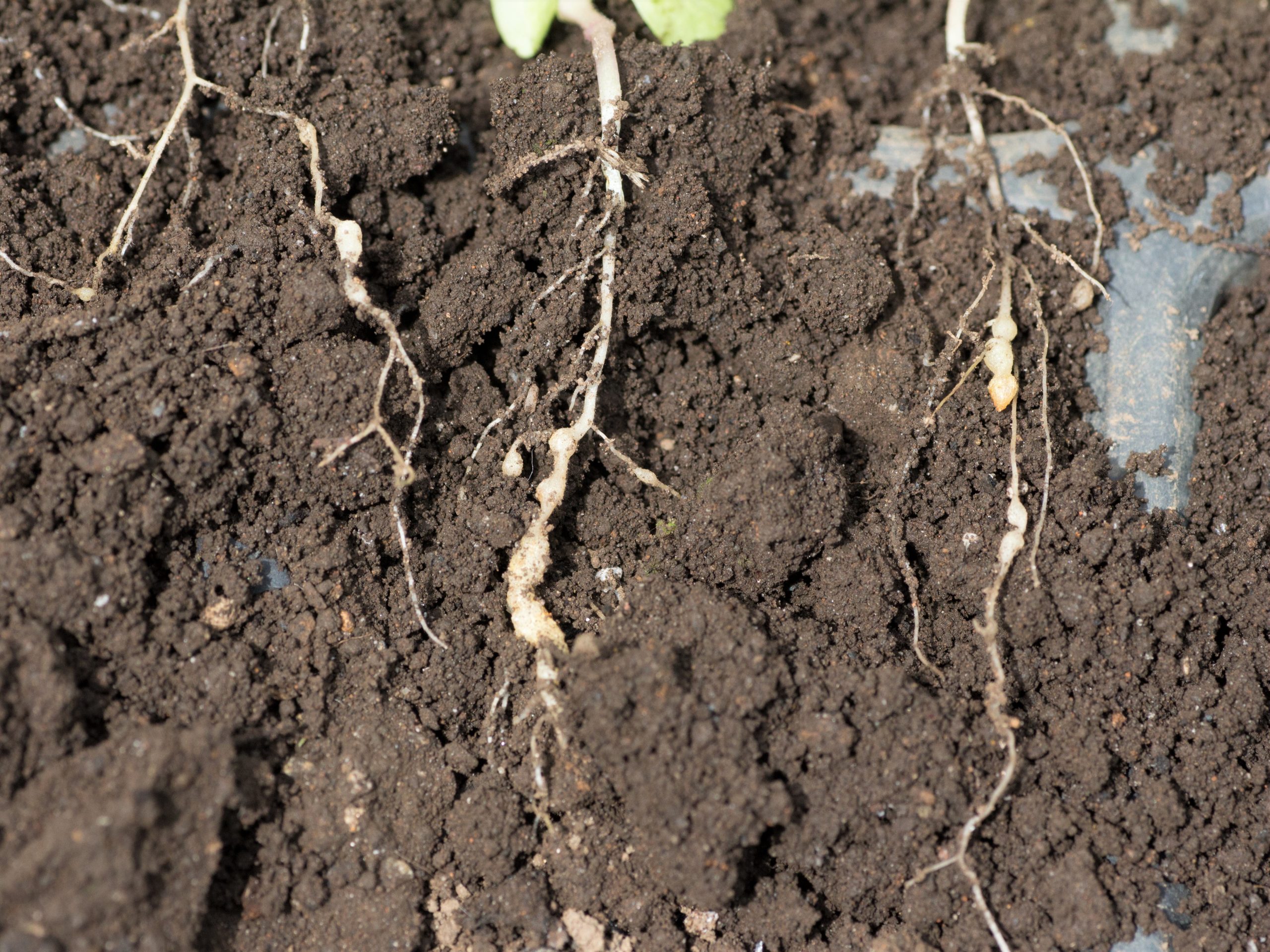An exciting Future Food Systems CRC project is exploring new ways to combat common root pathogens in Australia’s commercial horticulture operations – including customised bio products, and growing weed- and pathogen-busting cover crops.
The project, titled ‘Novel bio-based solutions for effective management of key root pathogens of Australian protected cropping systems’, teams scientists at Western Sydney University’s Hawkesbury Institute for the Environment (HIE) with the Global Initiative of Crop Microbiome and Sustainable Agriculture (GICMSA).
Distinguished Professor Brajesh Singh, world-leading plant microbiologist and Director of WSU’s Global Centre for Land-Based Innovation (GCLBI), is leading the project team.
Part of the Future Food Systems CRC’s Research Program 2: High-tech protected cropping, the project will run for four years.
The challenge
While growing crops undercover has several benefits, from improved water-efficiency to reduced need for pesticides, root pathogens remain an issue for growers. The challenge is to find sustainable and cost-effective technologies to combat common root pathogens in Australian greenhouse crops.
This research is aimed at surmounting that challenge by pinpointing microbes associated with healthy, high-yielding crops, then customising microbiome combinations to suit particular crops.
“Plant diseases cause significant loss of agriculture productivity in Australia and currently available chemical control measures have low efficacy, particularly against soil-borne pathogens,” says Prof. Singh. “Thus, developing bio-based solutions that are effective and environmentally sustainable is a priority.”
The research
“The project team will develop and apply new bio-based technologies that simultaneously harness crop-optimised microbiomes, plant immune systems and biochemical products to transform how protected and field cropping systems tackle the key biotic constraint of root diseases,” says Prof. Singh.
“The team will also develop novel agronomic tools – such as identifying cover crops – to suppress pathogens and their weed hosts and provide new sources of income for horticulture farmers.”
The real-world application
It is hoped that the project will provide Australia’s protected and broadacre horticulture crops with novel solutions that enable them to control key root pathogens more effectively.
This in turn will increase the farm profitability of horticulture crops, thereby significantly advancing the economic and technological growth of Australian agribusiness industries.
The project team
The project research team is led by WSU Distinguished Professor Brajesh Singh, Director of WSU’s Global Centre for Land-Based Innovation and an internationally recognised expert in the fields of functional ecology and soil biology. The research team also includes WSU scientists Juntao Wang, Eleonora Egidi and Catriona Macdonald.
Lead image: Young roots invaded by clubroot Plasmodiophora brassica on-farm. A new Future Food Systems CRC project aims to find novel and sustainable ways to control common root pathogens in crops grown undercover. Credit: Shutterstock


